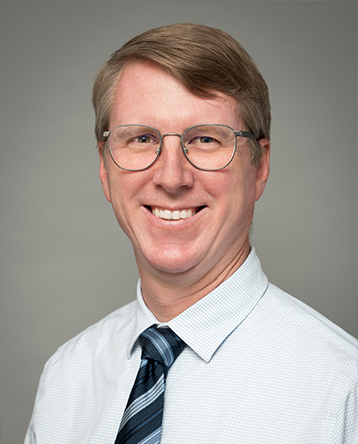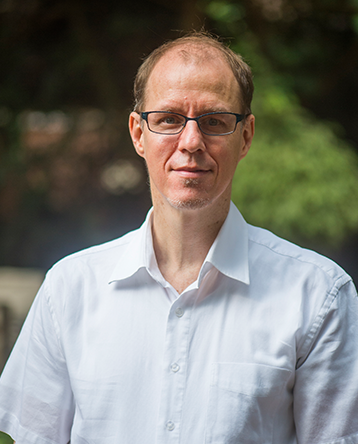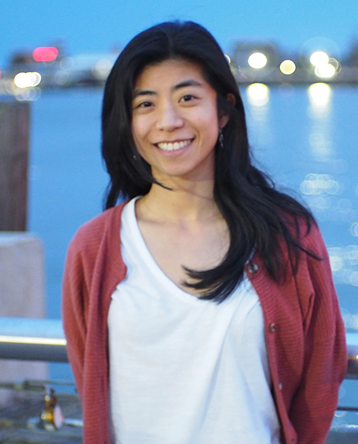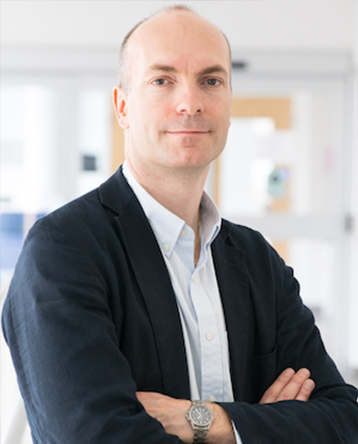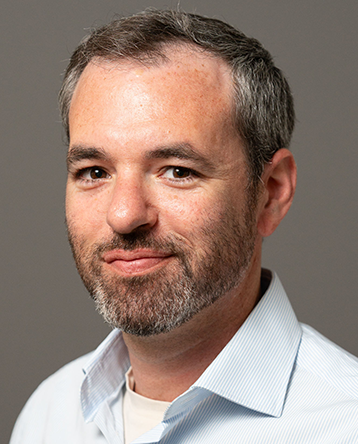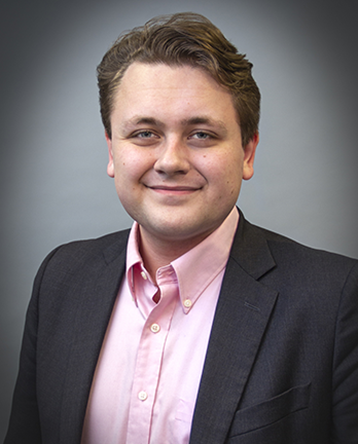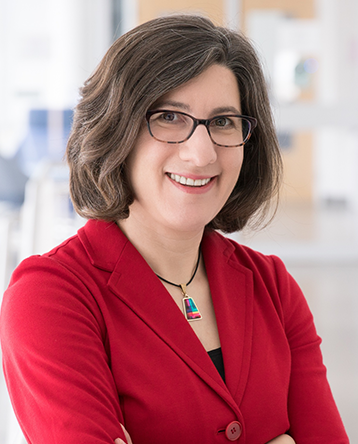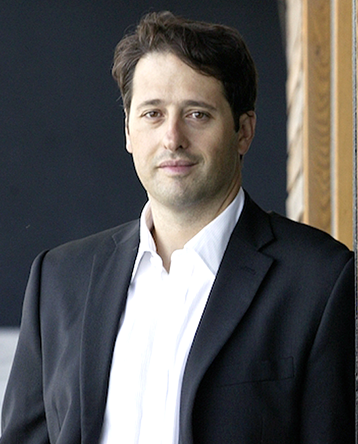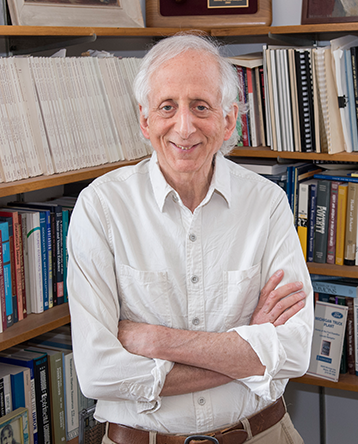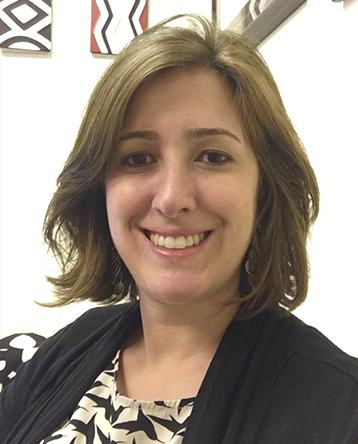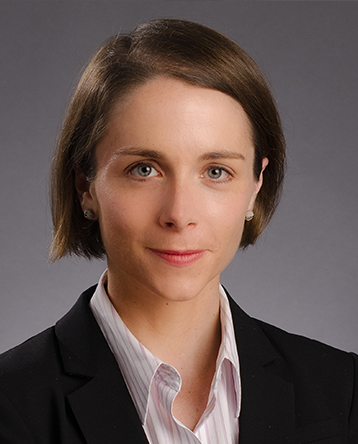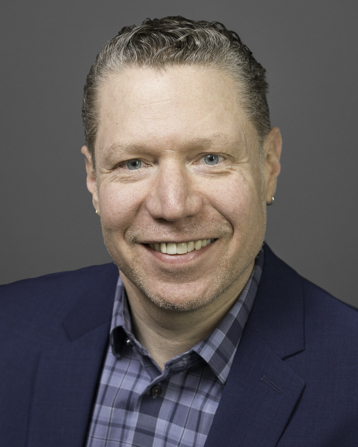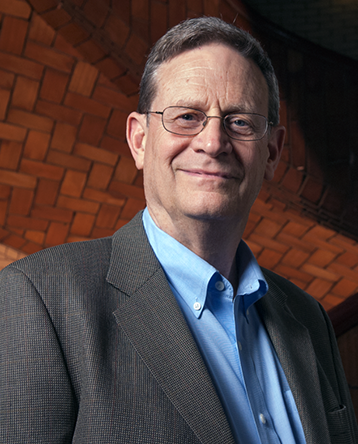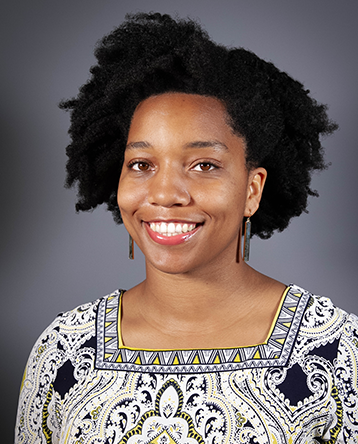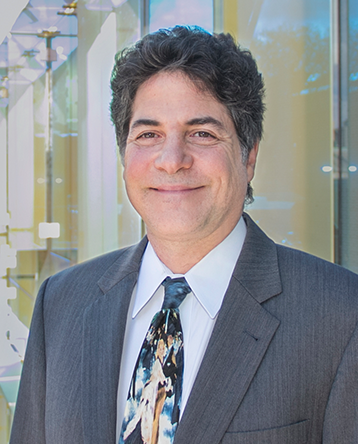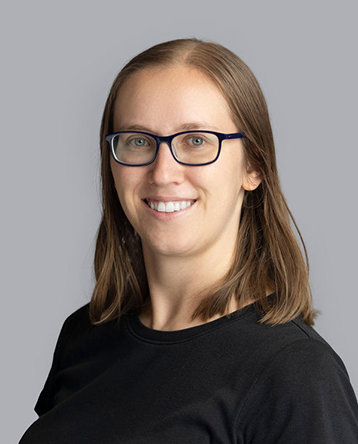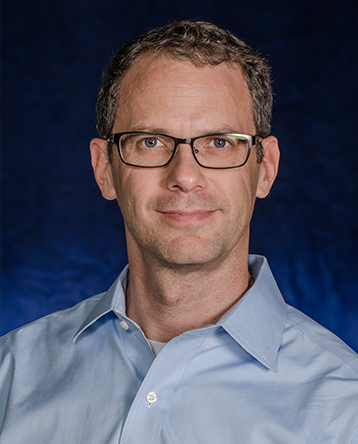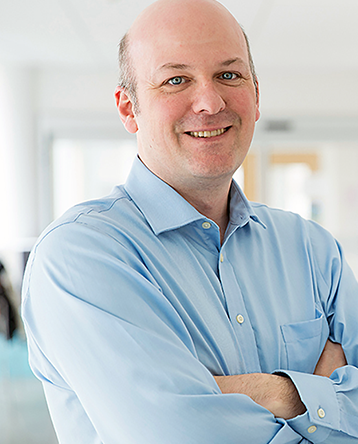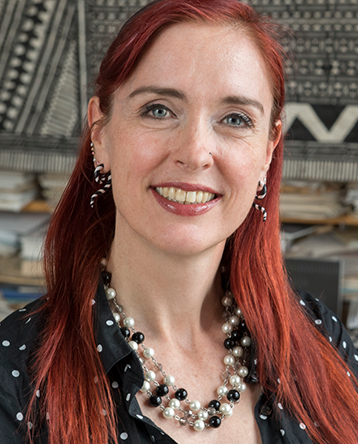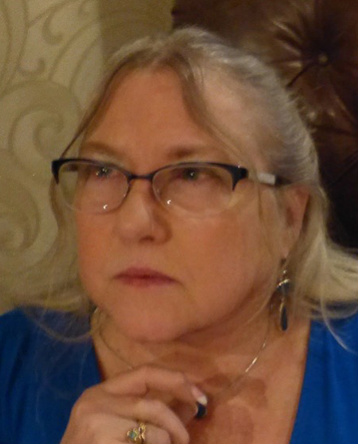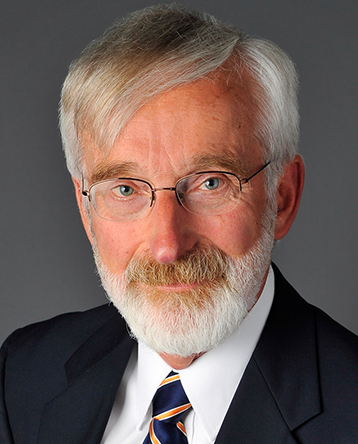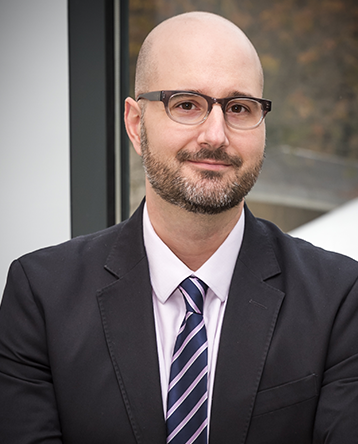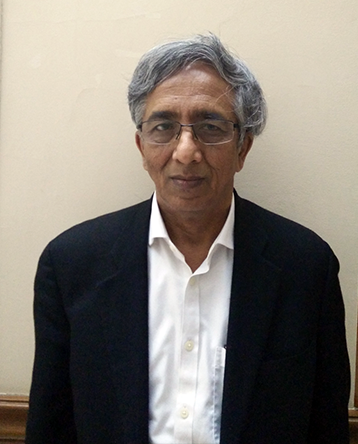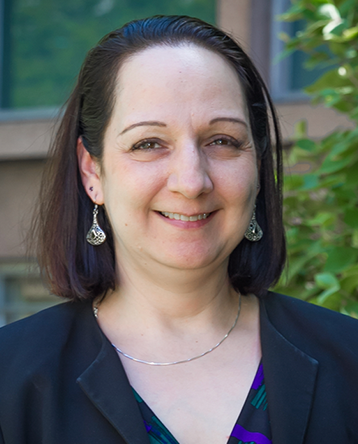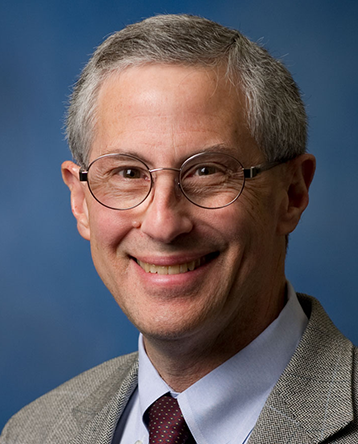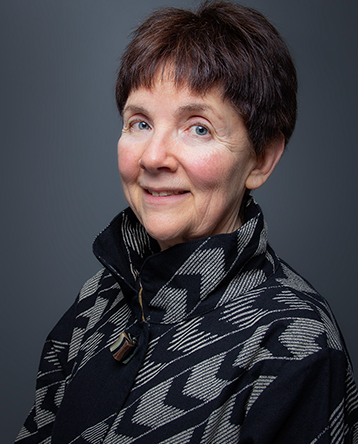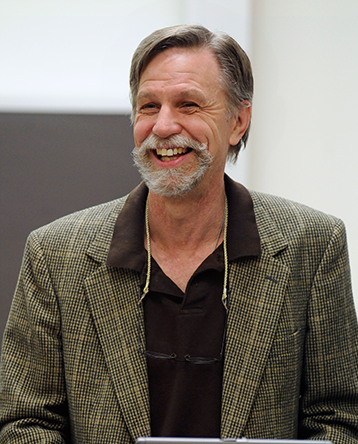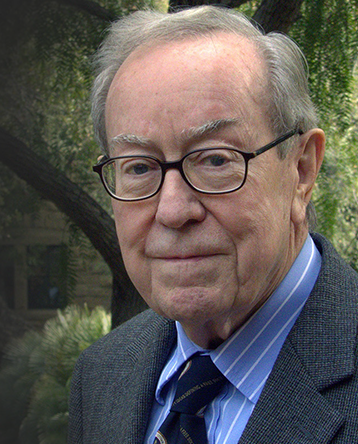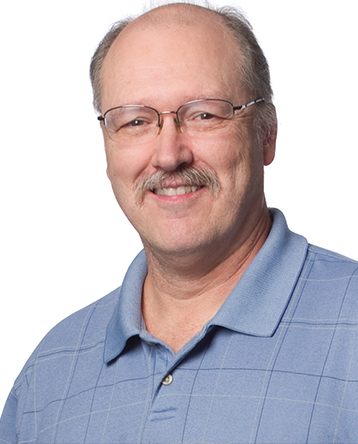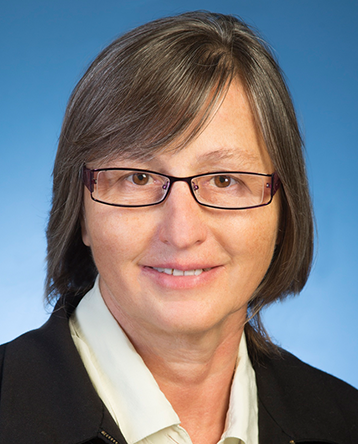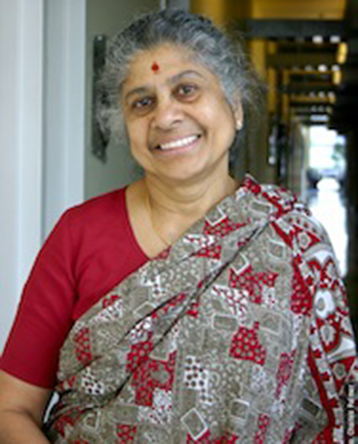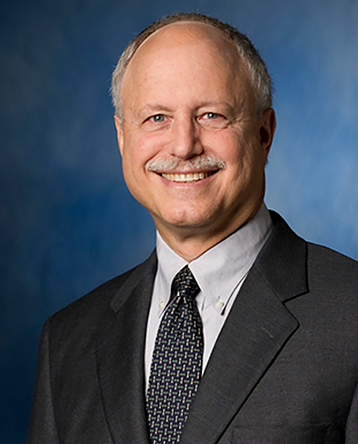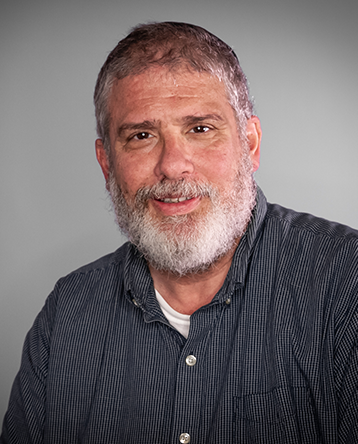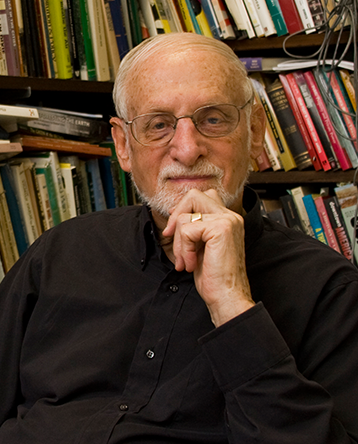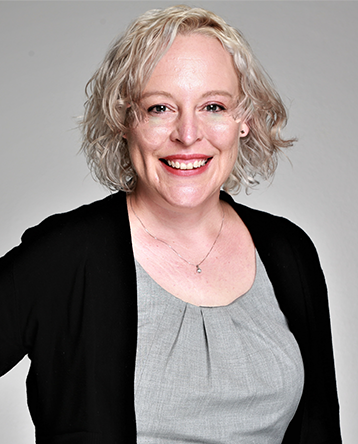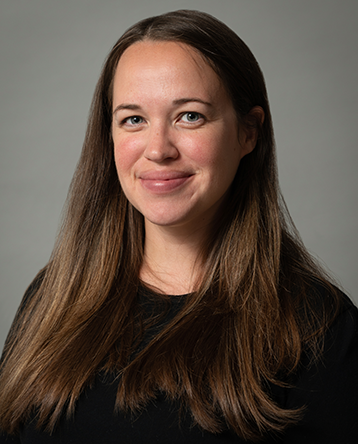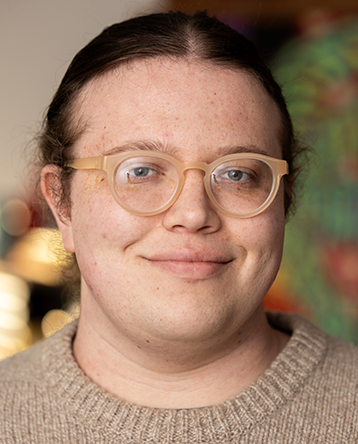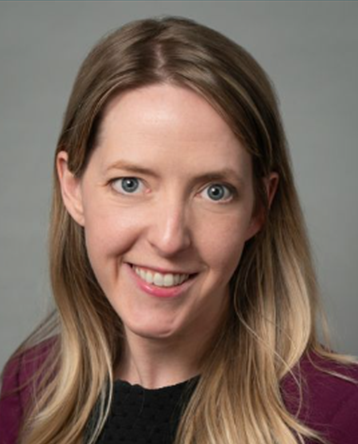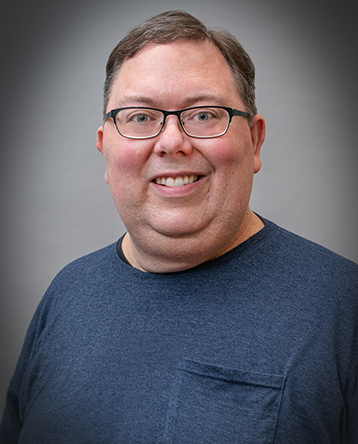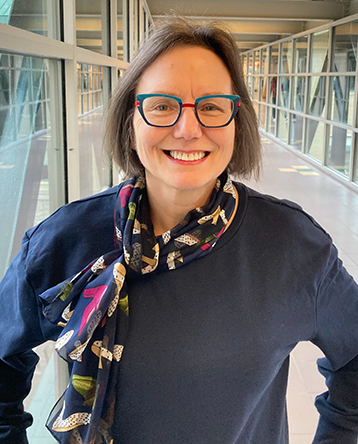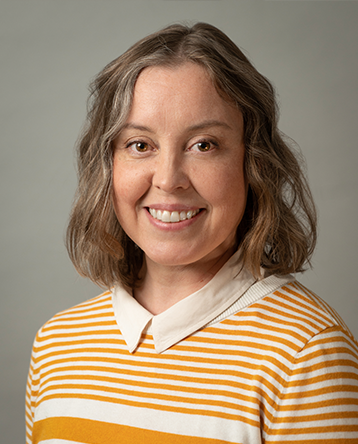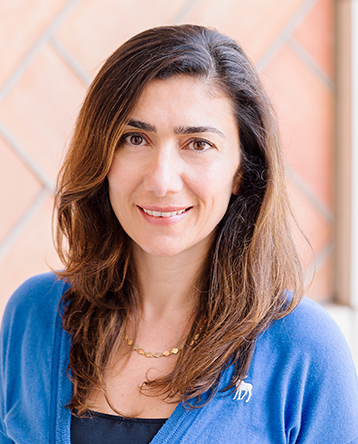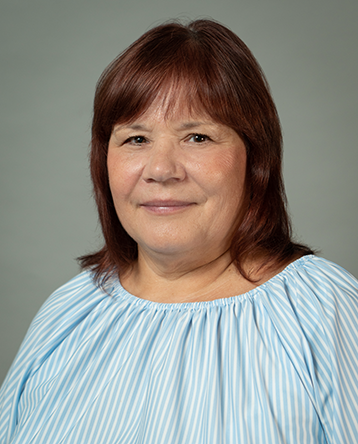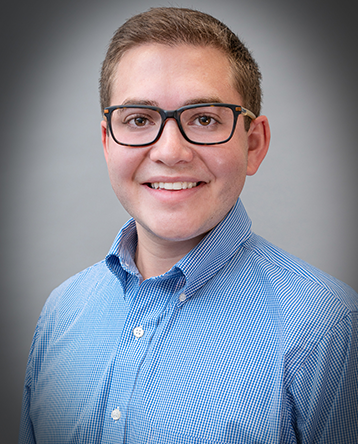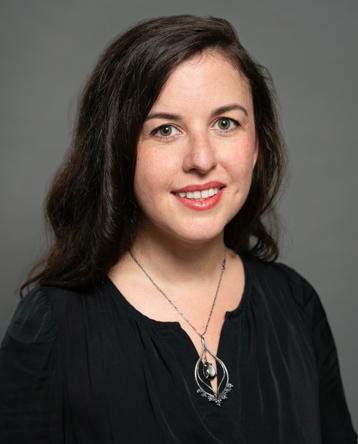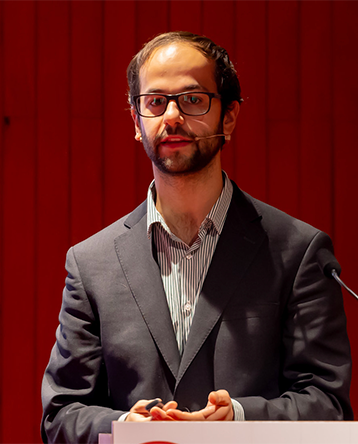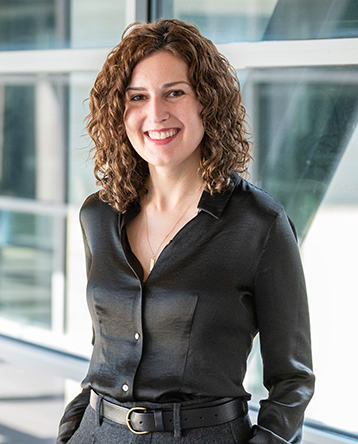Search:
View the list of department contacts.
Faculty
-
-
-
-
-
-
-
-
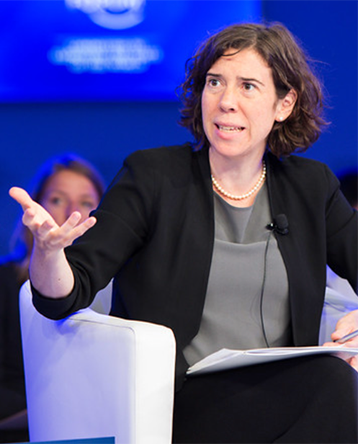
Erica Fuchs
Kavčić-Moura Professor
Director, Critical Technology Initiative -
-
-
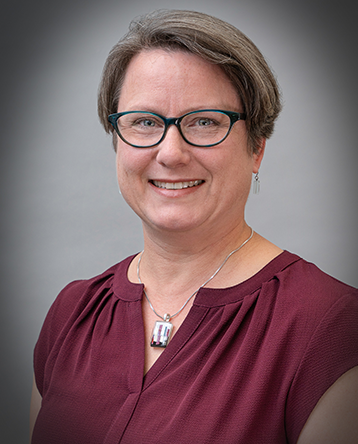
Deanna Matthews
Teaching Professor and Associate Department Head for Undergraduate Affairs
-
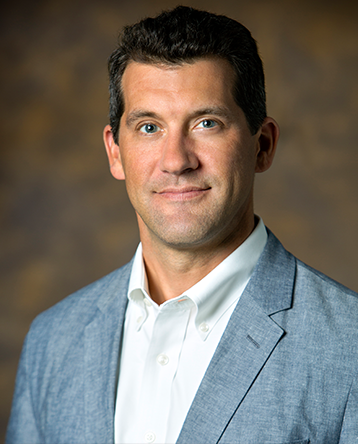
Nicholas Muller
Lester and Judith Lave Professor in Economics, Engineering, and Public Policy
-
-
-

Ramteen Sioshansi
Professor and Associate Department Head for Graduate Affairs
-
-
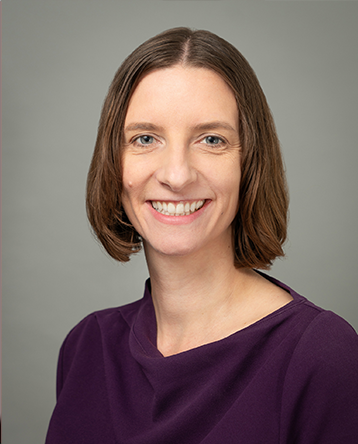
Kate Whitefoot
Associate Professor
Associate Director, Critical Technology Initiative
-
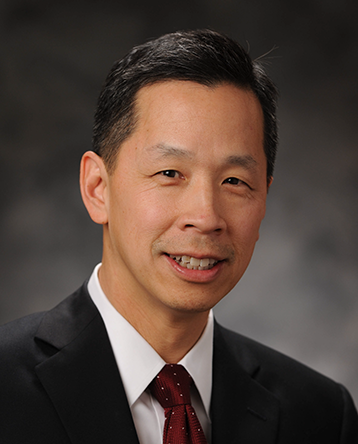
Phillip Yu
Executive Director of Master's Programs
Associate Teaching Professor
Affiliated, courtesy, and other faculty
-
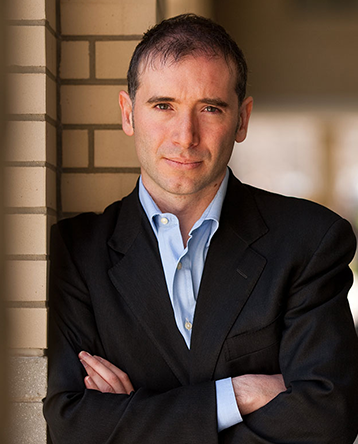
Alessandro Acquisti
Trustee Professor of Information Technology and Public Policy
-
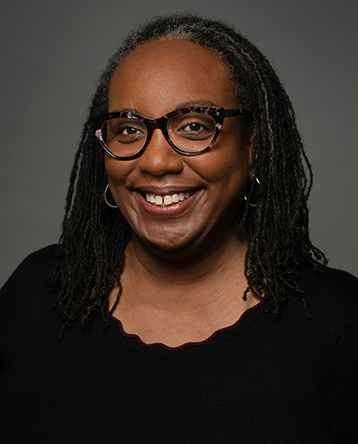
Alaine Allen
Associate Dean for Community Engagement and Outreach
Distinguished Service Professor -
-
-
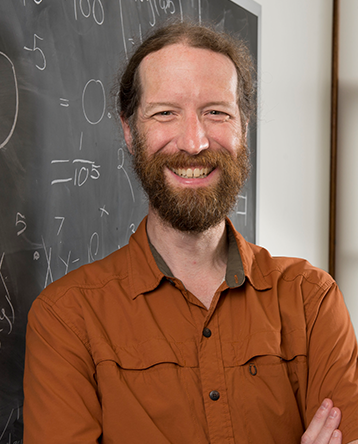
Neil Donahue
Thomas Lord Professor
Director, Steinbrenner Institute for Environmental Education and Research -
-
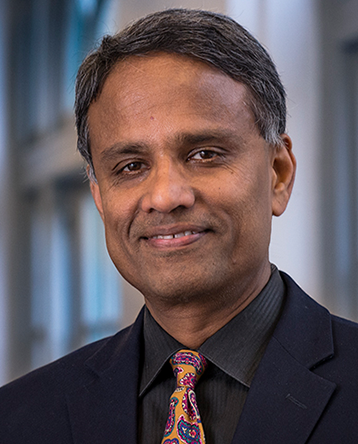
Ramayya Krishnan
Dean
William W. and Ruth F. Cooper Professor of Management Science and Information Systems -
-
-
Emeritus
-
-
-
-
-
-
-
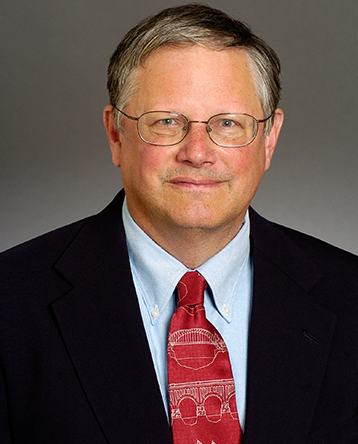
Chris Hendrickson
Hamerschlag University Professor Emeritus
Director, Traffic21 Institute -
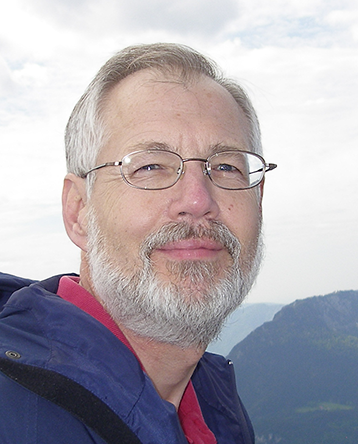
David Hounshell
David M. Roderick Professor of Technology and Social Change Emeritus
-
-
-
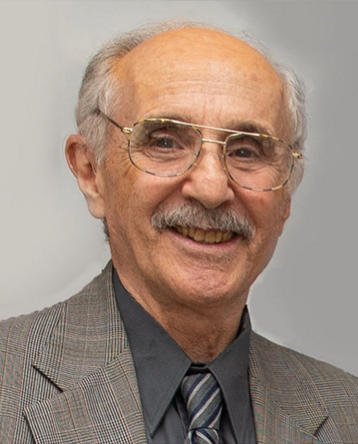
Edward Rubin
Alumni Chair Professor of Environmental Engineering and Science Emeritus
Professor Emeritus
Senior Fellow -
-
-
-
Administrative staff
-
-
-
-
-
-
-
-
-
-
-
-
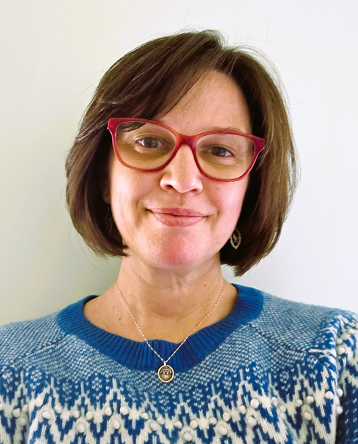
Shay Lynn Myers
Deputy Chief of Staff, Critical Technology Initiative
-
-
-
-
-
Research staff
-
-
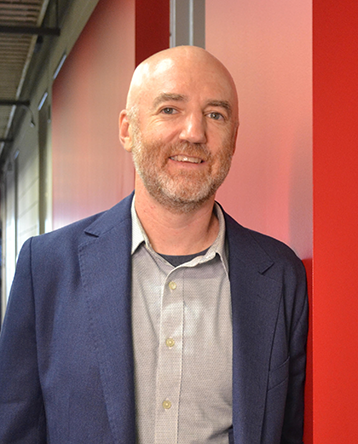
Michael Blackhurst
Executive Director, The Open Energy Outlook (OEO) Initiative
-
-
-
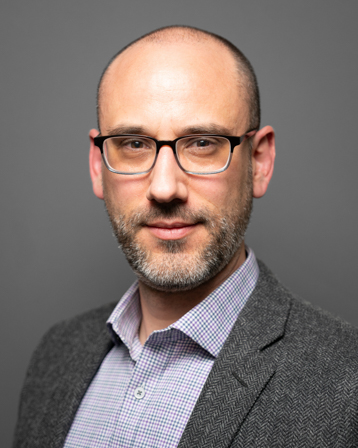
Jason O’Connor
Senior Research Scientist, Critical Technology Initiative
Adjunct Faculty -
-
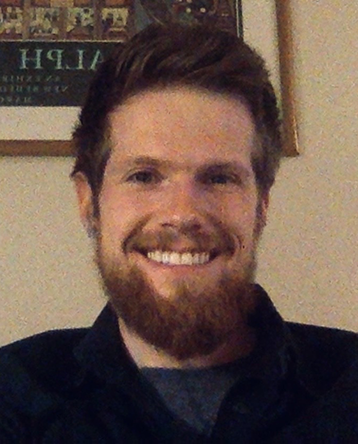
Daniel Stock
Research Scientist, Critical Technology Strategy Initiative
Adjunct faculty
-

Ahmed Abdulla
Assistant Professor
Department of Mechanical and Aerospace Engineering, Carleton University -

Daniel Armanios
BT Professor of Management
Saïd Business School, University of Oxford -

Joseph Arvai
Dana and David Dornsife Chair, Wrigley Institute Director, Professor of Psychology and Biological Sciences
Department of Psychology, University of Southern California -

Jai Asundi
Executive Director
Center for Study of Science, Technology and Policy (CSTEP) -

Rangan Banerjee
Forbes Marshall Chair Professor
Department of Energy Science and Engineering, Indian Institute of Technology -

Anshu Bharadwaj
Chief Executive Officer
Shakti Sustainable Energy Foundation -

Felix Dayo
Director and Principal Consultant
Triple 'E' Systems Assoc. Lmtd. -

Hadi Dowlatabadi
Canada Research Chair and Professor
Applied Mathematics and Global Change; IRES; Liu Institute for Global Issues, The University of British Columbia -

Michael Dworkin
Professor of Law Emeritus; Founding Director
Institute for Energy and the Environment, Vermont Law School -

David Farber
Director
Center for the Study of Digital Life, Stevens Institute of TechnologyBoard Member
Internet SocietyAdjunct Professor of Internet Studies
Carnegie Mellon UniversityMoore Professor Emeritus
University of Pennsylvania -

Melissa Finucane
Senior Fellow
East-West CenterSenior Behavioral & Social Scientist
RAND Corporation -

Keith Florig
Associate Research Scholar
Warrington College of Business Administration, University of Florida -

Richard Fruehauf
Chief Venture Officer
Carnegie Foundry -

David Gerard
Associate Professor and Chair
Department of Economics, Lawrence University -

Iris Grossmann
Assistant Professor of Sustainable Technology
Chatham University -

Robert Hahn
Visiting Professor
Smith School, University of OxfordDistinguished Senior Faculty
Technology Policy Institute -

William Harbert
Professor
Department of Geology and Planetary Sciences, University of Pittsburgh -

Max Henrion
Founder and Chief Executive Officer
Lumina Decision Systems, Inc. -

Kelly Klima
Associate Engineer
RAND Corporation -

Tamar Krishnamurti
Assistant Professor of Medicine
University of Pittsburgh -

Igor Linkov
Research Scientist
US Army Engineer Research and Development Center, U.S. Department of Defense -

Ragnar Löfstedt Löfstedt
Professor of Risk Management and Director of King’s Centre for Risk Management
Department of Geography, King's College London -

Katharine Mach
Associate Professor
Rosenstiel School of Marine and Atmospheric Science, University of Miami -

Sean McCoy
Assistant Professor
Schulich School of Engineering, University of Calgary -

Timothy L. McDaniels
Professor Emeritus
School of Community and Regional Planning; Institute of Resources and Environment, College for Interdisciplinary Studies, The University of British Columbia -

Paul Ohodnicki
Associate Professor
Swanson School of Engineering, University of Pittsburgh -

Edward J. Oughton
Assistant Professor of Data Analytics
College of Science, George Mason University -

Amritanshu (Amrit) Pandey
Assistant Professor of Electrical Engineering
Department of Electrical and Biomedical Engineering, University of Vermont -

Dalia Patiño-Echeverri
Gendell Associate Professor of Energy Systems and Public Policy
Nicholas School of the Environment, Duke University -

Spyridon (Spyros) Pavlidis
Assistant Professor
Department of Electrical and Computer Engineering, North Carolina State University -

Elizabeth (Liza) Reed
Research Manager
Low Carbon Technology Policy, Niskanen Center -

Allen Robinson
Dean
Walter Scott, Jr. College of Engineering, Colorado State University -

Martin Schultz
Environmental Engineer (CEERD-EP-R)
U.S. Army Corps of Engineers -

Douglas Sicker
Senior Associate Dean for Computing Initiatives
College of Engineering, Design and Computing, University of Colorado DenverProfessor
Department of Computer Science and Engineering, University of Colorado Denver -

Rahul Tongia
Senior Fellow
Centre for Social and Economic ProgressNon-resident Senior Fellow
Brookings InstitutionFounding Advisor
India Smart Grid Forum -

Parth Vaishnav
Assistant Professor of Sustainable Systems
School for Environment and Sustainability (SEAS), University of Michigan -

Francisco Veloso
Dean and Professor
Imperial College Business School -

Pim Welle
Chief Data Scientist
Allegheny County Department of Human Services -

Gabrielle Wong-Parodi
Assistant Professor
Department of Earth System Science, Stanford UniversityCenter Fellow
Woods Institute for the Environment, Stanford University -

Lan Xue
Dean, Cheung Kong Chair Distinguished Professor
Schwarzman College Tsinghua University -

Sonia Yeh
Professor in Transport and Energy Systems
Chalmers University of Technology -

Haibo Zhai
Roy & Caryl Cline Chair of Engineering
Environment and Natural Resources, University of WyomingAssociate Professor
Department of Civil & Architectural Engineering, University of Wyoming
